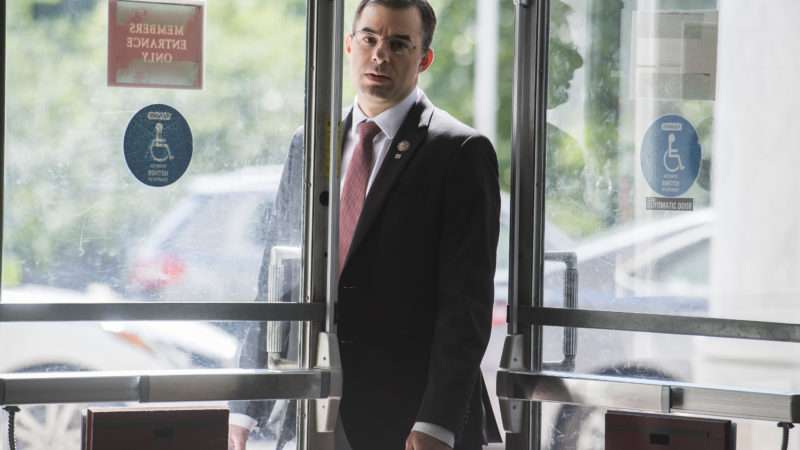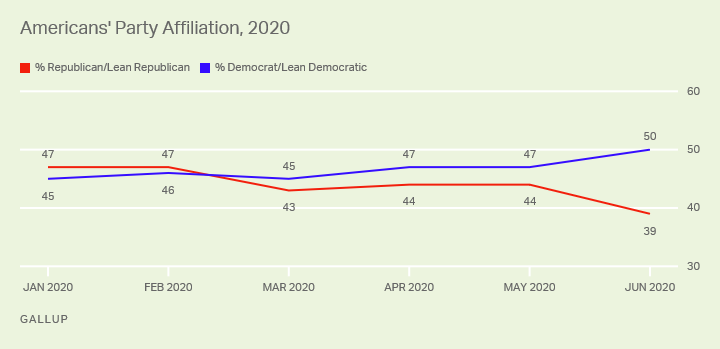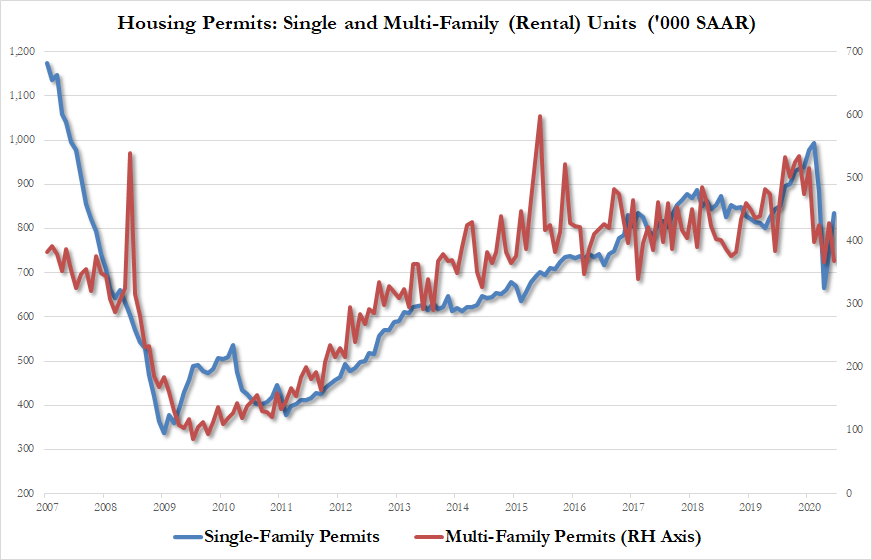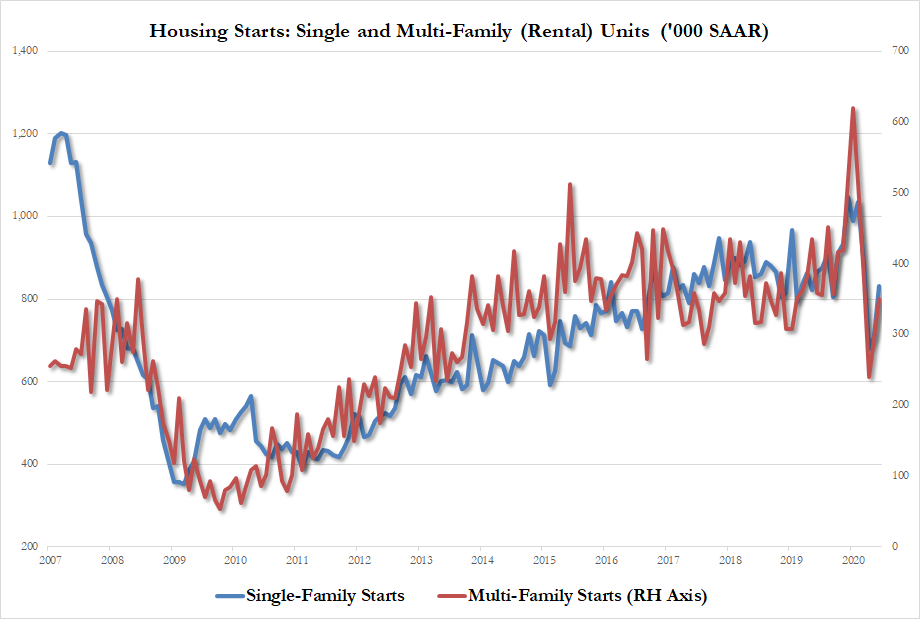For months, activists in Boulder, Colorado, have been trying to place an initiative on the ballot overturning their city’s restrictions on unrelated people living in the same house. The city initially told them they had until August to qualify for the ballot. But last Friday, officials announced that the deadline for submitting signatures was actually back in June.
These activists’ last hope is for the Boulder City Council to place their initiative on the ballot itself. But they believe this body is hostile to their reform. Indeed, the ballot initiative process was designed to bypass it.
“The City Attorney’s office and the City Clerk’s office has in so many ways given us bad information. They’ve done it on their website. They’ve done it in email. They’ve done it over the phone, on Zoom calls, in public council meetings,” says Chelsea Castellano, an organizer for the Bedrooms Are For People campaign. “There are so many instances where they’ve given us the date of August 5 to submit our signatures. A rational person would presume that it would be accurate.”
The city’s admittedly inaccurate advice jeopardizes a reform that could immediately expand Boulder’s supply of rental housing in the middle of a pandemic-induced recession when millions of Americans are struggling to afford shelter.
On Sunday, Gov. Jared Polis issued an executive order asking cities to suspend or repeal their occupancy limits for unrelated people as part of a broader effort to prevent evictions during COVID-19.
“It’s important now because if somebody isn’t living in that kind of situation they might be homeless,” said the Democratic governor, according to the Denver Post. “The same type of people who complain about extra cars in the street or too many people living in a nearby house also generally complain about the homeless.”
As in many cities, Boulder’s zoning code limits residential housing to family members plus a certain number of unrelated roomers. How many unrelated individuals are allowed to live in a home is determined by how a property is zoned, with most of the city’s residential housing capped at either three or four unrelated people.
The city manager can impose fines of up to $1,000 for violating Boulder’s land use code, including its occupancy limits. The city attorney can also purse fines of up to $2,000 per violation of the land use code. Municipal courts are allowed to impose additional fines that would deprive a landlord of any profits earned by opening rooms to excess renters.
“These current laws are discriminatory because they regulate people based on who they are, and not what they do,” says Nick Grossman, another Bedrooms Are For People activist. “They are regulating a class of people that are unrelated by blood or marriage and preventing them from having equal access and [housing] options.”
Grossman and Castellano tell Reason that tenants are often evicted by fine-fearing landlords for violating the city’s occupancy cap. The law often forces property owners to leave rooms vacant, they add.
Occupancy limits for unrelated people “should raise constitutional issues, but they’ve been broadly blessed by the Supreme Court,” says Anthony Sanders, an attorney at the Institute for Justice. A 1974 U.S. Supreme Court decision in Village of Belle Terre v. Boraas, upheld such laws as a valid use of local government’s powers to regulate land use.
Some state courts have struck down some of these laws, Sanders adds, but they remain common in college towns such as Boulder, where neighbors often worry about their street being overrun by young partiers.
Sanders says courts should reconsider this precedent, arguing that restrictions on property rights should be tightly focused on preventing actual harms. Blanket bans or caps on unrelated people living in the same house don’t meet that standard, he says.
But without a new precedent, activists are left to work within the democratic process to change these laws. Hence the Bedrooms Are For People campaign.
Their initiative, if passed, would amend the city’s charter to repeal Boulder’s limits on unrelated people living together. It would instead impose an occupancy limit of one person per bedroom, plus one additional person. Homes with fewer than four bedrooms would be allowed a maximum number of four occupants.
In March they submitted their petition to the city, and later that month they received permission to start collecting signatures. Bizarrely, no one seemed to know when exactly these signatures had to be turned to the City Clerk’s office, which is responsible for verifying them.
Boulder’s charter gives campaigns a maximum of 180 days to collect signatures. It also requires that signatures be submitted to the city within 150 calendar days of the November election, which would have been June 5 this year.
Meanwhile, the state rules governing municipal elections are both more forgiving and more restrictive. Campaigns have up until 90 days before an election to submit signatures, which this year would mean August 5. State law, however, gives campaigns only 90 days to collect signatures.
The question befuddling everybody was whether state or local law should decide how long the Bedrooms Are For People campaign had to collect signatures, and when they had to turn them in.
To resolve these conflicting deadlines and give campaigns as much time as possible to collect signatures, the city published election guidelines stating that charter amendment petitions—including the Bedrooms Are For People petition—had 180 days to collect signatures, in compliance with the more permissive city deadline. They also didn’t have to submit these signatures until August 5, in compliance with state law.
A breakdown of approved petitions published by the city also listed August 5 as the date that Bedrooms are for People had to submit signatures.
That decision wasn’t without controversy, with opponents of the Bedrooms Are For People initiative threatening a lawsuit if the reformers were given until August to get their signatures in.
In late May, Boulder Beat reports, City Attorney Thomas Carr advised the campaign that the only way to completely avoid a lawsuit would be collect all the signatures they need within the 90 days allotted by state law, meaning signatures would have been due in late June. That deadline, Castellano argued at the time, was impossible for their campaign to meet, given the limits the pandemic had placed on the activists’ ability to collect signatures.
Carr nevertheless concluded that Boulder’s charter should take precedence, and that any lawsuit trying to toss out signatures for not meeting the earlier state deadline wouldn’t succeed. He also advised the Bedrooms Are For People campaign to seek independent legal advice.
This apparently did little to clarify things.
So last Friday, Carr sent an email to the Boulder City Council’s “hotline” mailing list stating that the city’s charter had the final say over when signatures had to be submitted.
That meant petitioners had 180 days to collect signatures, as opposed to the 90 days allowed by state law. Unfortunately for the Bedrooms Are For People campaign, it also meant those signatures were due back on June 5, as the city’s charter demands, not the state’s deadline of August 5.
Carr acknowledges that the city gave inaccurate guidance to the Bedrooms Are For People campaign, as well as to a campaign to enact ranked-choice voting for mayoral elections.
In the interest of fairness, Carr issued nonbinding recommendations that the City Clerk review all signatures submitted before August 5, and that, if the campaigns meet their signature goals, the city council vote to place their initiatives on the ballot.
“These are not small mistakes. This is over 50 people collecting signatures since the day the stay-at-home order lifted,” says Castellano, saying city staff has resigned for far less in the past. The idea of leaving it to the city council to decide what to decide whether their ballot initiative will go to voters this November is totally unacceptable, she argues. The “whole point of this process is to circumvent the city council,” Castellano says. “Because we wouldn’t need to do this if we felt like our elected representatives were representing this issue properly.”
According to Castellano, the campaign has collected almost 6,000 signatures so far, putting it well on its way to meeting that now-defunct August 5 deadline.
Bedrooms Are For People is now evaluating its legal options, hoping to find a way to get the initiative on the ballot without having to go through City Council.

from Latest – Reason.com https://ift.tt/2CmFUgv
via IFTTT














